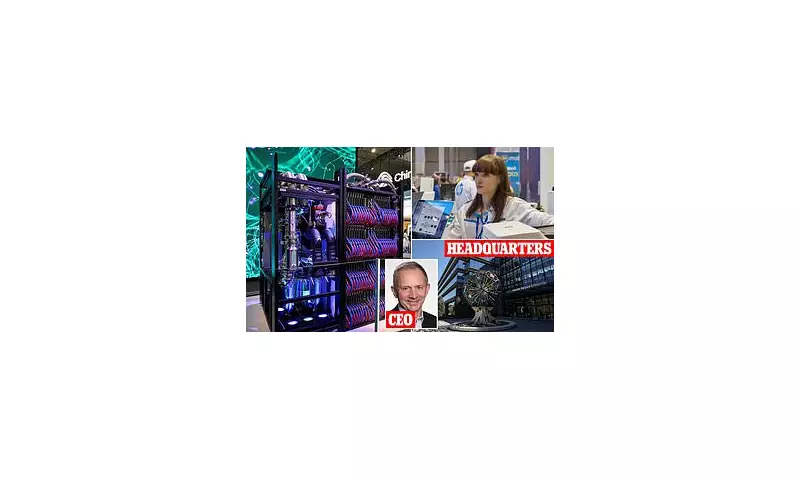
The venerable technology firm Hewlett-Packard, known globally as HP, has declared a significant reduction of its workforce, planning to cut between 4,000 and 6,000 jobs worldwide. This represents approximately 10 percent of its employees, with the process set to continue through the end of 2028.
A Strategic Shift Towards Automation
In an earnings call on Tuesday, HP's leadership framed the move as a necessary step to remain competitive in a market increasingly dominated by artificial intelligence. The company, valued at over $53 billion, expects these layoffs to generate savings of around $1 billion over the next three years. The cuts are anticipated to most heavily affect internal operations, product development, and customer service departments.
CEO Enrique Lores stated, 'As we look ahead, we see a significant opportunity to embed AI into HP to accelerate product innovation, improve customer satisfaction, and boost productivity.' This announcement came on the same day the company reported a slight earnings beat, with revenue of $14.6 billion against analyst predictions of $14.5 billion.
Investor Reaction and Market Volatility
The market's response was characteristically volatile for HP in 2025. While the company saw an 8 percent jump in personal computer sales, its printer division slipped by 4 percent. Following the announcement, HP's stock fell by 6 percent after Tuesday's closing bell. It experienced a brief recovery of over 2 percent on Wednesday morning before sliding back down again.
This pattern of strong financial results coupled with mass layoffs is becoming a hallmark of the tech sector in 2025. HP's decision mirrors actions taken by other industry behemoths like Amazon, Apple, and Microsoft, who are also citing AI integration as a primary reason for reducing their human workforce.
A Broader Tech Industry Trend
HP is far from alone in this strategic pivot. Earlier this year, Amazon eliminated 14,000 roles directly after a successful quarter, with its HR lead explicitly pointing to AI as the driver. Other major firms, including Intel, Verizon, and Dell, have also initiated substantial staff reductions as they roll out more AI technology.
This trend highlights a difficult reality for the modern tech worker: strong corporate performance no longer guarantees job security, as companies aggressively pursue the cost-saving and efficiency gains promised by automation and artificial intelligence.





